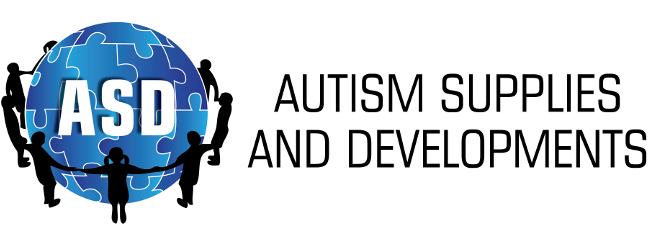 Person first, or identify first?
Person first, or identify first?
Some of you may be familiar with the terminology here, some maybe not. But you’ve all probably heard about the age-old argument it embodies.
Does someone ‘have autism’, or are they ‘autistic’?
In this world of political correctness, it is completely understandable to want to say the right thing. To not cross some kind of invisible line which may cause offense.
Both sides of the argument can present their ideas well, and both sides make some good points.
‘Person first’ essentially means that you refer to someone as ‘having autism’. For example, ‘my son has autism’. Parents and non-autistic advocates often use this, because they don’t want their child defined by their autism. The want the language people use to refer to their child to reflect that their child is a person, not simply a condition or a disorder.
‘Identity-first’ means that you refer to someone as being ‘autistic’. For example, ‘my son is autistic’. See the difference? It’s slight, but there is a difference, and it has caused a rift through the disability world with people feeling incredibly strongly about it coming down on both sides.
Interestingly, while parents and others trying to advocate tend to prefer the person first terminology (i.e. ‘has autism’), people on the spectrum themselves seem to tend to prefer the ‘identity first’ terminology (i.e. they would describe themselves as being autistic).
The reason for this is that they see their autism as part of their identity. It is a part of them, just as their hair colour, or their nationality. They feel that using the person first terminology makes it sound like autism is a bad thing, that it is something they ‘have’, like a disease. It separates them from their autism in a way that just cannot be done. Their autism is a part of their personality. It is how they are, and without it they wouldn’t be them any more.
Some are quite offended by the suggestion that, without using person-first terminology, people would ‘forget’ that they are actually people, and need to be reminded using words of their humanity! Looking at it like this, it is clear why there are some strong opinions.
Of course, this is a generalisation – some neurotypical people prefer identity-first language, and some neuro-diverse people prefer person-first.
Some, simply, do not care. They openly admit to referring to themselves in both ways, and don’t really see what the fuss is about.
Others still have a preference, but don’t feel strongly about it enough to become offended if referred to using different terminology.
Most would agree that the worst thing that could happen as a result of this argument over terminology is for people to simply stop talking about autism. Stop talking about people on the spectrum for fear of using the wrong words and offending someone. That would be the real shame, and that would cause the real damage.
As for advise about what terminology to use, the simplest answer is to simply ask the person themselves. Everyone on the spectrum is different, just like everyone not on the spectrum is different. Each of them will have their own preferences, for their own reasons. And it’s extremely likely that they would become upset or offended by you simply asking how they would like you to refer to them.
As a general rule though, if you’re not talking about someone in particular, or if there is no opportunity to simply ask them, we would tend to advise you to use the terminology that most autistics seem to be more comfortable with – that it, Identity-first. So the person is autistic, rather than ‘has autism’.
At the end of the day, it is largely personal preference for the individuals it affects. As neurotypicals, what rights does anyone have to fight on their neurodiverse peer’s behalf without actually finding out what they prefer?


Hey, just to point out that you’ve used neurodiverse when you mean neurodivergent! Neurodiverse refers to ALL neurotypes including neurotypical. Neurodivergent means neurotypes which differ from neurotypical.
Hi. Thanks for pointing that out – good spot.